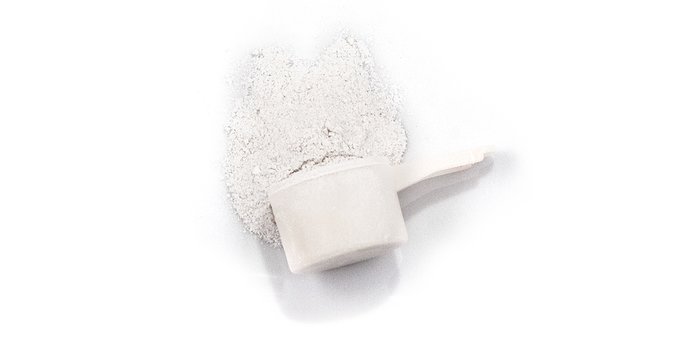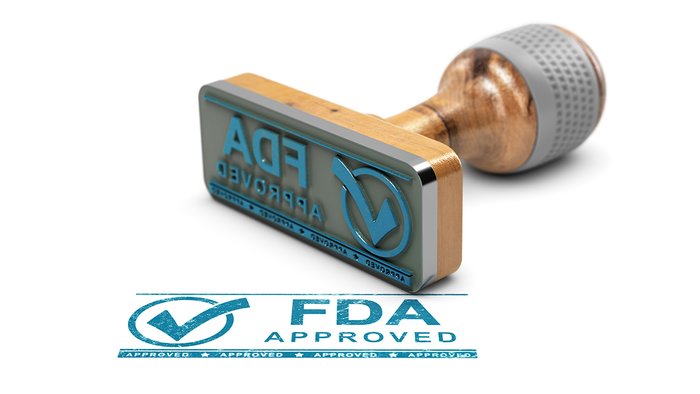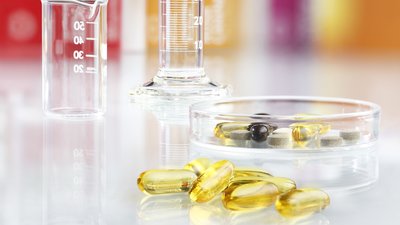Read the news these days, and it can seem like the dietary supplement industry is basically the Wild West. The overall narrative has been beaten into our heads so many times, the script basically writes itself: The U.S. Food and Drug Administration (FDA) is the sheriff, powerless against the massive, villainous industry selling nothing but untested, largely tainted products. Pick up that tub of protein or creatine, innocent townspeople, and you get what's coming to you.
Is the dietary supplement industry filled with angels? Of course not, but neither is any industry. But if you listen to the talking heads, you see the same talking points repeating as frequently as Friends reruns on cable. Here's the basic pattern:
- Dietary supplements aren't regulated
- They're all at risk of containing unsafe or banned substances
- The existing laws strip the FDA of its power to protect consumers
- No products or brands can be trusted to do what they say
- Dietary supplements as a whole don't work at best, and pose serious health risks at worse
Their alternative advice for optimizing health and performance? "Just eat real food," as if the foods we eat are significantly more regulated for quality than pills. (Spoiler alert: That cute little bag of oranges is actually more poorly regulated than a bottle of vitamin C.)
So, let's tackle the topic head-on. Are supplements regulated by the FDA? And if so, how?
The Real Authority of the FDA
The Atlantic, in June 2016, provided one of countless modern examples of the type of misinformation I hope to refute. The article's headline bellows "Why Vitamins and Other 'Dietary Supplements' Can Contain Anything" and even its URL implies that supplement safety is akin to cigarettes.

Just a couple paragraphs into the article, former FDA commissioner David Kessler is quoted answering the question, "Will the FDA ever regulate this [the dietary supplement] industry?" Instead of the former FDA insider correcting the inquirer honestly, that the dietary supplement industry is regulated, Kessler gives the helpless martyr's retort of "We tried." Cue the violins.
To be clear, the FDA most definitely regulates dietary supplements, something which Kessler most assuredly knows. If you're really into these things, you can read within Title 21 of the Federal Food, Drug, and Cosmetic Act, the 1994 Dietary Supplement Health and Education Act (DSHEA), and subsequent federal good manufacturing practices (GMPs) requirements specific for dietary supplements.
Don't want to dig? Then just look at the top of the FDA's page on dietary supplements, where it reads "FDA regulates both finished dietary supplement products and dietary ingredients." Doesn't get much clearer than that.
But does the department actually have the power necessary for those regulations to matter? Yes. The fact is, the FDA "has authority to enforce the statutory requirements of the FD&C Act with an arsenal of enforcement tools at its disposal, including warning letters, product recalls, product seizures, temporary restraining orders, injunctions, consent decrees, civil and criminal prosecution, and fines," states Victoria Whitsitt and colleagues within the 2013 peer-reviewed journal Annals of Bioanalytical Chemistry.[1]

So, when is the department able to put all of these various tools into action? The FDA has both civil (e.g., warning letters, mandatory recalls, monetary sanctions, etc.) and criminal (e.g., felony prosecution) enforcement options whenever a dietary supplement:
- Presents an unreasonable risk. For example, when possible or real risks of consuming a specific dietary supplement, or a product containing a specific ingredient are determined to outweigh possible or real benefits of the supplement's or ingredient's use.
- Poses an imminent hazard to public health. A few examples are when a product may be contaminated with a harmful ingredient, biological pathogen (e.g., E. coli, salmonella, etc.), or dangerous levels of heavy metals or pesticide residues.
- Is adulterated. Some examples include when a company uses an unaccepted new dietary ingredient (NDI), the actual ingredient doses present within the product differ from what's marketed on the product label, or any serious deviation from good manufacturing practices (GMPs).
- Is misbranded. If a product is marketed using drug or disease claims, or the product's effects or benefits are compared to a drug, then a dietary supplement is misbranded.
- Can't legally be marketed as a dietary supplement. When a product includes an ingredient that has only been authorized as an investigational new drug (e.g., SARMs), it's crossed this line.
- Is involved in an adverse or serious adverse event. This can be anything from someone claiming to have felt nauseated after opening or consuming the product, up to and including a death that may or may not be directly attributable to the use of a specific dietary supplement or ingredient.
- Lacks substantiation or does not work as advertised. This is an area most often enforced by the U.S. Federal Trade Commission (FTC), which also has regulatory oversight over the marketing and promotion of dietary supplements.
Yes, it can be argued that the U.S. Federal Government has never fully funded the office of the FDA tasked with enforcing DSHEA or policing the industry adequately (an argument that could be made of countless other governmental agencies, by the way). However, it can't be legitimately argued that the agency lacks authority, or the tools necessary to punish abusers.
Nor can you say that the industry isn't rife with regulations and laws that all companies are supposed to follow, or, as I'll detail in my next article, that these rules are not more stringent than for foods.
The Supplement Industry Is Still Far From Perfect
So, why so much confusion? In supplements, as in life, there are those that lead by example and follow the rules, and, unfortunately, there are also those who act without knowledge or care. Yes, there are bad players in this industry. But there are also companies who legitimately want to help people, spread health, and safely further athletic performance.

Don't let the actions of the bad seeds cause you to think that the whole garden needs to be ripped out, though. Supplements can—and I'd argue should—have a place in a healthy approach to nutrition. Do your research, and stick with trusted brands that are making reasonable claims and backing them up with science.
References
- Whitsitt, V., Beehner, C., & Welch, C. (2013). The role of good manufacturing practices for preventing dietary supplement adulteration. Analytical and Bioanalytical Chemistry, 405(13), 4353-4358.

